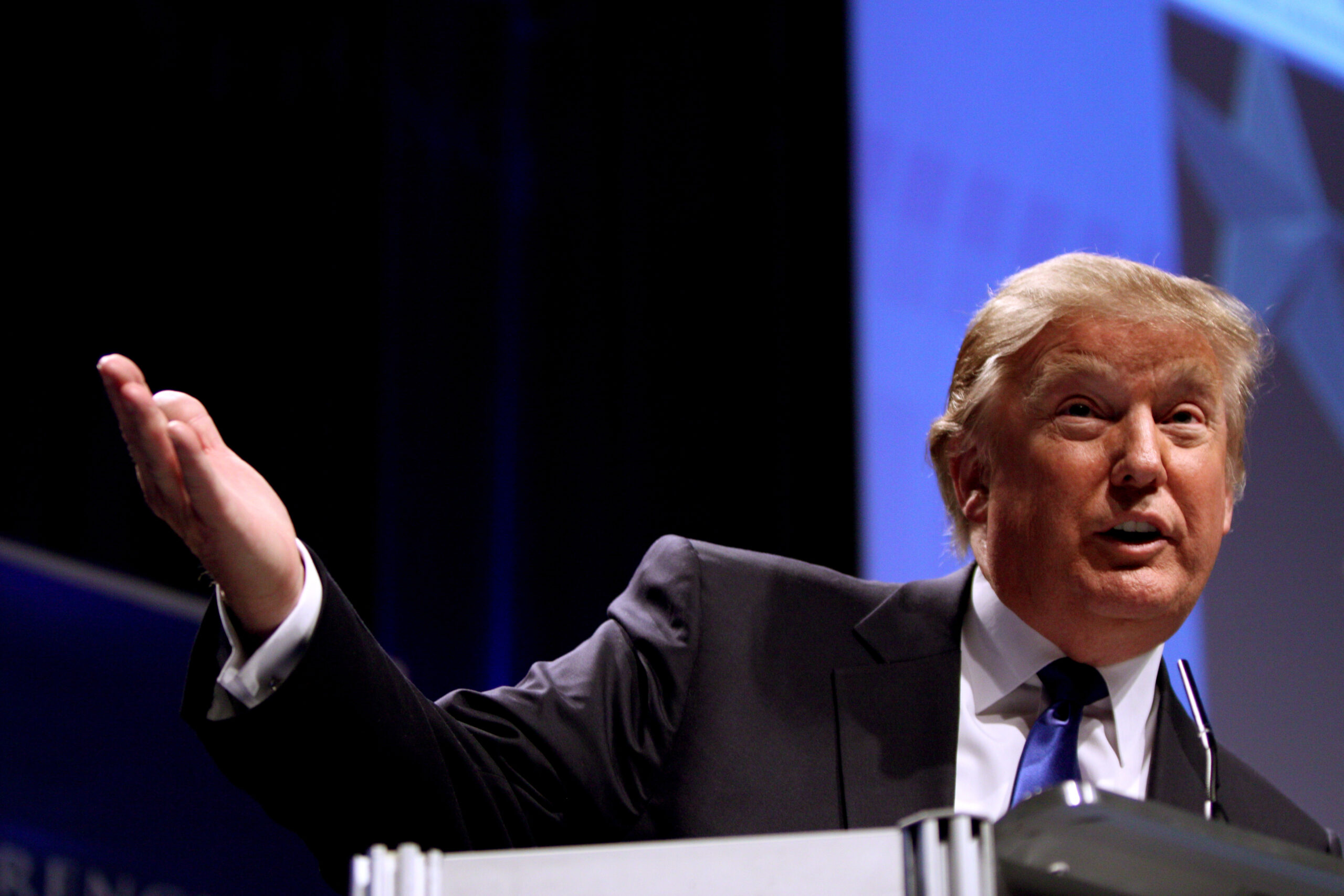2017 isn’t going to be an easy year to classify for future historians of the global LGBT rights movement. While much of the world’s attention was focused on Donald Trump’s disastrous first year in the White House and the damage he inflicted on democratic and human rights norms, LGBT movements around the world also saw impressive gains.
On the equal marriage front, we had victories on every continent.
Nearly two decades of political prevaricating over gay marriage on both sides of Australia’s political spectrum came to an end this month with the final passage of a same-sex marriage bill. That victory is a credit to the Australian activist community’s sustained campaigning in the face of overwhelming government hostility.
By comparison, on the other side of the world, Germany tumbled into legalizing same-sex marriage after an offhand — possibly calculated — comment by Chancellor Angela Merkel on TV. A month later, it was law.
A little to the south, equal marriage arrived in Malta after the entire political establishment suddenly found itself in agreement on the issue.
And equal marriage projects were also advanced in Chile and Switzerland’s legislatures.
Courts have also recognized the fundamental right to marriage — due to take effect soon — in both Austria and Taiwan. Courts also expanded marriage equality into three additional Mexican states. At time of writing, final rulings in equal marriage cases are also expected in Panama, Venezuela, Peru and Namibia, and a case at the European Court of Justice could impact marriage equality across the 14 European Union states that do not recognize LGBT marriage.
The victory for marriage in Taiwan seems particularly important. It’s a first victory for the movement in Asia, and has sparked calls for equal marriage throughout the region. Newspapers reported politicians discussing the possibility of expanding LGBT couples’ rights in Japan, Thailand, China and Hong Kong. In a surprise move, Philippine president Rodrigo Duterte declared himself in favour of same-sex marriage last week.
Semi-autonomous territories also legalized same-sex marriage: the UK territories Alderney, Guernsey, Falkland Islands, St Helena, Ascension, Tristan da Cunha and the Danish Faroe Islands. Marriage equality also came to Bermuda, but a repeal bill has been passed by a new government; it’s still pending the governor’s approval, though, so anything could happen there.
On the decriminalization front, none of the 76 countries that criminalize queer people repealed their anti-gay laws. But the military defeat of ISIS does reduce their numbers by one. New criminal codes that are expected to pass in Angola and the Cook Islands next year will further cut into those numbers.
And in what could be the biggest victory for the movement in ages, the Supreme Court of India hinted in a related judgement earlier this year that it will strike down the nation’s colonial anti-gay laws soon.
What was unthinkable a decade ago could be true in just a few short years given current trends: the number of equal marriage countries (more than two dozen) could soon be greater than the number of criminalizing countries.
But the absence of the United States as a global LGBT ally has been keenly felt. Horrific crackdowns on LGBT people have been widely reported in Russia and its autonomous province Chechnya. They also began or worsened in Egypt, Uganda, Tajikistan, Indonesia, Azerbaijan, Georgia, Turkey and Tanzania.
Arbitrary raids, arrests, beatings and executions would, in the normal course of events, be swiftly condemned by the US administration. But 2017 was not a normal year. After months of silence from both the White House and State Department, President Trump announced last week as part of his national security strategy that he would not aim to “impose our values” on other countries. That’s code dictators use to denounce Western countries who criticize human rights abusers.
Though the White House has abdicated the bully pulpit, a chorus of voices across America and the world have risen up in resistance to the dark forces of hate and repression that appear to be gathering strength.
In America, anti-LGBT Republican candidates have begun losing a slew of local and statewide elections, including the dramatic victory of civil rights hero Doug Jones against anti-gay preacher and accused pedophile Roy Moore in Alabama’s Senate race this month. In November, three trans women and several other lesbian, gay and bisexual politicians unseated anti-LGBT incumbents in local elections. Democrats are polling strongly and feeling confident about midterm elections coming in November 2018.
Yes, Europe has seen a surge in the fortunes of far-right parties, and the far-right Austrian Freedom Party took third place in October’s legislative elections and is now the junior party in a coalition government. But the global backlash against Trump and right-wing hate ultimately resulted in defeat for far-right, nationalist, and conservative parties in elections in France, the Netherlands and Germany.
As the US government retreats on rights issues, other actors are beginning to fill the void, with the EU, Canada, and other democracies stepping into leadership roles. The American public, through non-governmental organizations and even just through marches and social media campaigns, has also been effective at naming and shaming human rights abusers.
There are still at least three more years of this presidency. The global LGBT community will have to rely on these new leaders to continue to serve as watchdog and guardian of rights already won and still being fought for. When — or if — the world returns to normal, that leadership experience will be key to broadening and deepening our global community’s power.


 Why you can trust Xtra
Why you can trust Xtra


